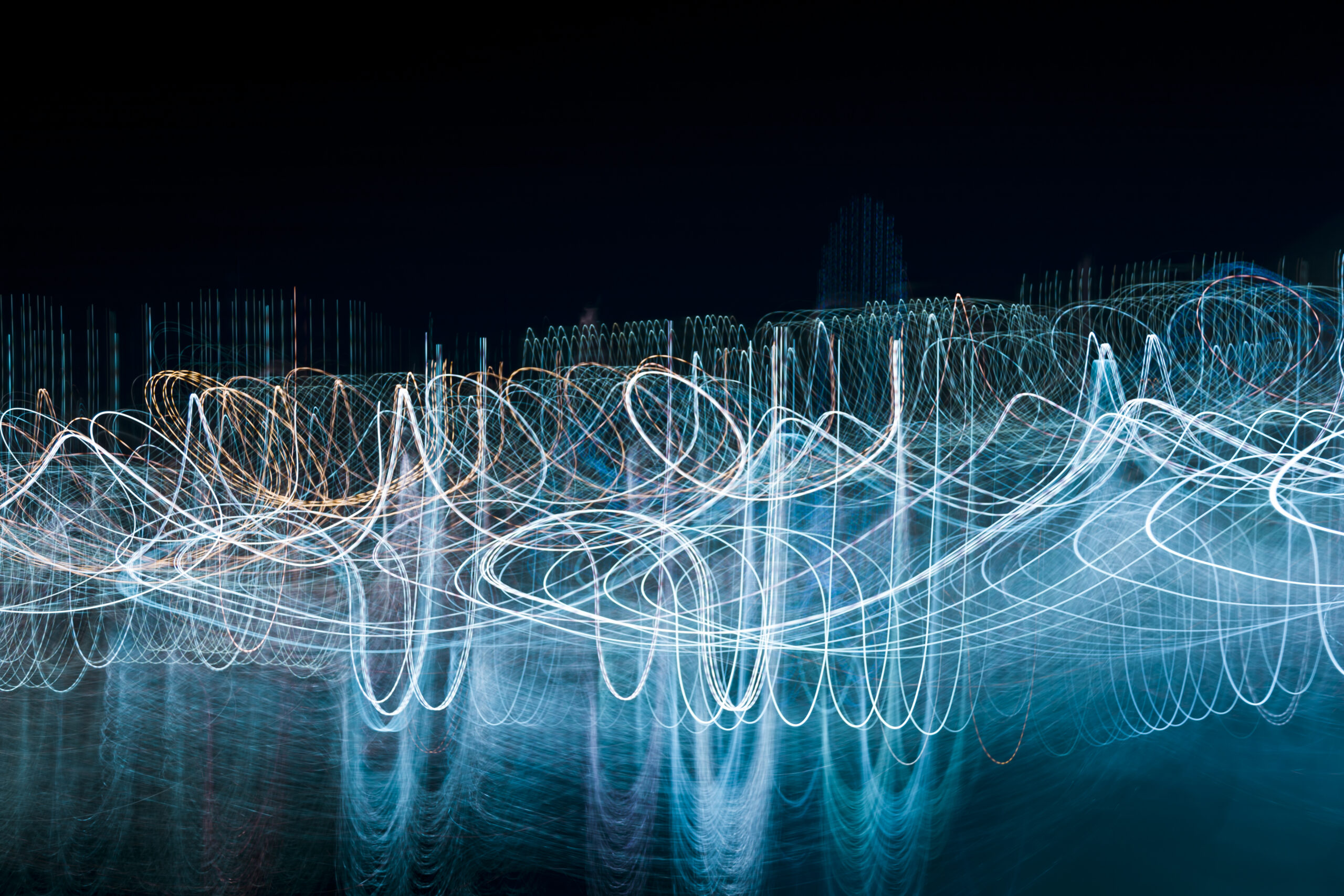Indian Astronaut Shubhanshu Shukla Set for ISS Splashdown on July 15

India’s space history is poised to reach new heights this week as Group Captain Shubhanshu Shukla, the first Indian astronaut to board the International Space Station (ISS), prepares to return to Earth. His participation in the Axiom Mission 4 (Ax-4) represents not just personal glory, but a landmark achievement for India’s ambitions in human spaceflight, as the country readies itself for missions like Gaganyaan and the future Bhartiya Antariksha Station.
This article explores every aspect of the mission launch, experiments, collaborations, upcoming splashdown, and implications for India’s growing space program.
Historic Lift-Off From Kennedy Space Center On June 25
Shubhanshu Shukla, an officer in the Indian Air Force and a Group Captain, took off from the Kennedy Space Center in Florida, USA, on June 25, 2025, aboard a Crew Dragon spacecraft built by SpaceX. Accompanying him were Commander Peggy Whitson, Poland’s Sławosz Uznanski-Wisniewski, and Hungary’s Tibor Kapu.
This mission is officially titled Akash Ganga, a name that resonates with India’s rich cosmic heritage and its forward-looking technological vision. The spacecraft successfully docked with the ISS on June 26, and since then, the team has spent over 17 days in orbit carrying out crucial space research and participating in public outreach programs.
A Tri-National Collaboration: NASA, ISRO, Axiom Space
This mission isn’t just India’s triumph it symbolizes international space collaboration. The Axiom-4 mission was organized by Axiom Space Inc., in partnership with NASA and ISRO.
From a strategic perspective, this collaboration has allowed India to gain hands-on experience with low-Earth orbit operations, orbital docking, microgravity experiments, and space psychology all essential domains for the success of India’s own Gaganyaan human spaceflight program expected in 2026.
Scientific Experiments Led By India Onboard ISS
During his time aboard the ISS, Astronaut Shubhanshu Shukla conducted a suite of India-centric microgravity experiments, pushing boundaries in fields like life sciences, space agriculture, and biotechnology. Here’s a breakdown of the most impactful experiments:
- Tardigrade Resilience Testing
Studying Indian strains of tardigrades (microscopic organisms known for their extreme resilience), Shukla examined their ability to survive, revive, and reproduce in a zero-gravity environment. This has far-reaching implications for long-term space travel and planetary colonization.
- Myogenesis: Muscle Regeneration
This experiment analyzed the behavior of human muscle cells in space, offering insights into combating muscle atrophy experienced by astronauts during long-term missions. The results may also influence treatment for muscular disorders on Earth.
- Sustainable Space Farming
By sprouting methi (fenugreek) and moong (mung bean) seeds in orbit, Shukla tested nutritional feasibility for long-duration missions. The successful germination and growth of crops in zero-gravity environments could be crucial for future Moon or Mars missions.
- Cyanobacteria Growth For Oxygen Production
Shukla experimented with two Indian varieties of cyanobacteria, studying their ability to produce oxygen and fix nitrogen. This data will help develop closed-loop life support systems for future space stations.
- Microalgae Studies
Still ongoing, this experiment focuses on microalgae-based oxygenation and bio-waste recycling. It could be instrumental in developing self-sustaining habitats in space.
Preparing For Splashdown: July 15 Near California
The return journey of Shubhanshu Shukla is scheduled to begin on July 14, 2025, at 4:30 PM IST, when the Crew Dragon spacecraft undocks from the ISS. According to NASA’s Commercial Crew Program Manager Steve Stich, the capsule is expected to splash down in the Pacific Ocean near California at 3:00 PM IST on July 15, weather permitting.
The reentry and landing phase is tightly coordinated between NASA, Axiom Space, and ISRO’s flight control teams. A recovery crew has been deployed off the California coast to manage the capsule’s safe retrieval.
Medical Monitoring And Post-Mission Rehabilitation
Throughout the mission, ISRO’s flight surgeons have conducted regular private medical and psychological check-ins with Shukla. Reports indicate that he is in excellent health, both physically and mentally.
Upon his return to Earth, Shukla will undergo a 7-day rehabilitation program supervised by ISRO. The human body experiences muscle loss, bone demineralization, and spatial disorientation after extended time in microgravity, and this rehab phase is essential to help astronauts regain normal bodily function.
Public Outreach And Education Efforts In Orbit
Aside from his scientific contributions, Shukla engaged in over 20 live outreach events, connecting with students, educators, and space enthusiasts across the globe. These interactions are central to Axiom Space’s mission to make space more accessible and to inspire the next generation of astronomers, physicists, and engineers.
By seeing an Indian astronaut speak from the ISS, thousands of young minds in India have been ignited with passion and dreams of joining the space sector. Schools across India held special assemblies and space science exhibitions to mark the historic mission.
Why This Mission Matters For India’s Future
Shubhanshu Shukla’s presence aboard the ISS makes him only the second Indian in space, following the legendary Rakesh Sharma who flew aboard the Soviet Soyuz T-11 in 1984. This mission bridges a 41-year gap and brings India into the elite league of nations conducting human space experiments in collaboration with commercial space entities.
The experiments conducted by Shukla are foundational for India’s upcoming Gaganyaan mission, which will be its first fully indigenous human spaceflight scheduled for 2026. They also feed into ISRO’s plans to build the Bhartiya Antariksha Station by 2035, which would make India one of only four nations to operate a permanent space station.
Anticipation Builds In India For A Grand Welcome
As the countdown to splashdown ticks closer, India’s scientific community, media, and general public wait with excitement and pride. Upon successful return and post-rehabilitation, Shubhanshu Shukla will receive a hero’s welcome across the country. Reports suggest ISRO is already planning ceremonial events, awards, and educational roadshows where Shukla will share his experiences.
The Ministry of External Affairs and Prime Minister’s Office have been briefed about the splashdown and recovery schedule. High-level coordination is ongoing to ensure the astronaut’s safe return to India post-recovery.
A Proud Leap For Indian Space Aspirations
Shubhanshu Shukla’s Axiom-4 journey to the ISS isn’t just a one-off achievement. The scientific output, public engagement, and geopolitical prestige that India gains through this mission are immeasurable.
As the world turns its eyes to the Pacific Ocean for the scheduled splashdown on July 15, 2025, India prepares to welcome back its space trailblazer with open arms and renewed ambition.







